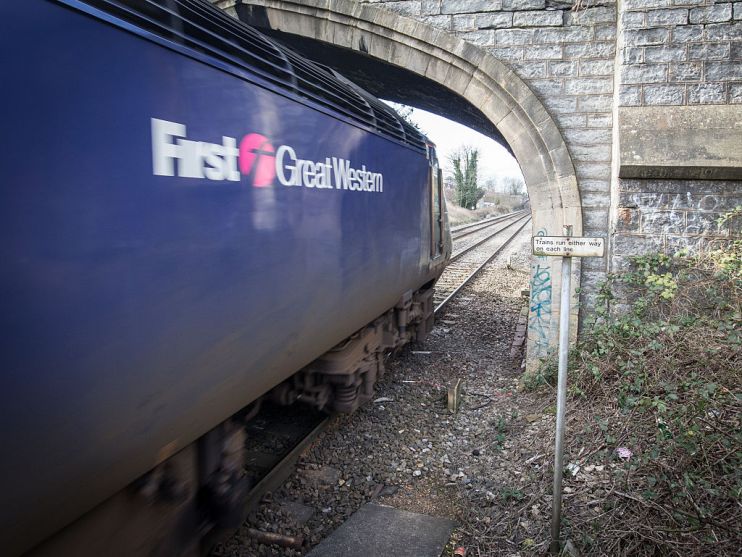Rail passenger numbers will only hit 75 per cent of pre-pandemic levels in future

Rail passenger numbers will only return to 75 per cent of pre-pandemic levels in the future, lawmakers were told today.
Dominic Booth, the managing director of Abellio Group, told MPs from the Transport Select Committee that rail firms were “very confident about winning the majority of passengers back” when the crisis ends.
However, he added that numbers were unlikely to recover to more than three-quarters of 2019’s levels.
Fellow rail executives from Go-Ahead Group and First Group agreed with the target, pointing to the increase in passenger numbers on buses between the two lockdown periods.
Given the current slump in usage, such a target currently seems an optimistic one.
Passenger numbers fell to their lowest levels since the mid-1800s from March to June, and have subsequently only risen to around a third of 2019’s levels.
But while attempting to restore numbers train operating companies (TOCs) will also have to agree new Direct Award contracts from March.
As a result of the fall in passenger numbers, the government has placed all rail franchises under emergency agreements in order to allow them to continue running essential services.
Over £4bn in taxpayer money has already been spent on keeping trains running, a figure that could rise as high as £9bn.
Before the Open newsletter: Start your day with the City View podcast and key market data
These measures will last until March 2022 at the latest, but some TOCs will have to negotiate new permanent contracts within six months.
Meg Hillier, the chair of the Public Accounts Committee, expressed her concern at the timescale, which she said raised issues of the correct spending of public money.
Rail executives agreed that the short timelines would be extremely “challenging” for rail companies to hit.
The new contracts will see the industry shifted away from the existing franchise model to one where companies are paid a fixed fee by the Department for Transport (DfT).
This removes the risk of low passenger revenues, but any payment will be but a fraction of the current turnover from fares.
But before they can do that, rail franchises must also agree termination deals for their previous, superseded contracts with the DfT, which could run into hundreds of millions, as the Telegraph has reported.